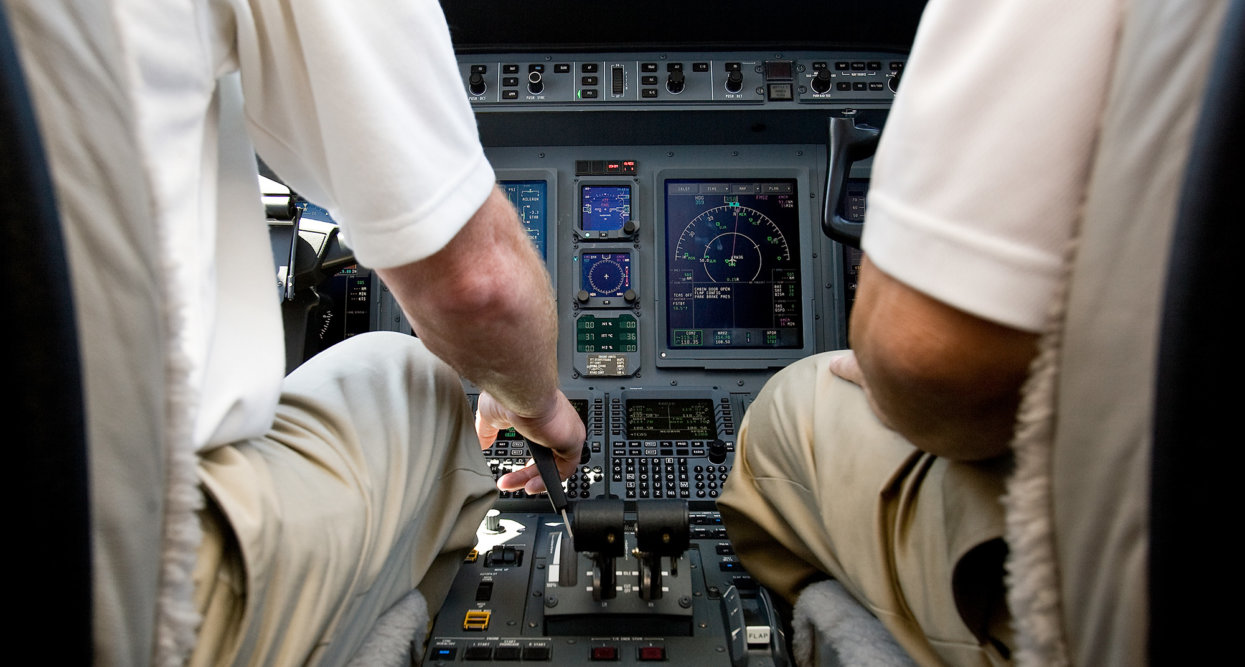
Sept. 11, 2019
EasyJet recently “stood down” a pilot from flying pending an investigation into the pilot’s mental health. Concerns arose when the pilot posted about self-harm and other disturbing topics on social media. The incident, experts said, highlights the sensitivity around mental health and fitness for duty, whether on a commercial airline or business jet.
Clayton T. Cowl, MD, MS and chair of Mayo Clinic’s Division of Preventive, Occupational & Aerospace Medicine, encouraged flight departments to take a proactive approach to fitness for duty.
“Pilots, and others in safety-sensitive positions, must have the trust of someone in the organization they can talk to if they have a problem or suspect a colleague has a problem,” said Cowl. “Ideally, flight departments will develop a trust relationship with a medical team or an individual flight physician with whom they can share potential fitness-for-duty issues.”
Cowl pointed out individuals are typically the last to realize they have a problem, but it’s important to identify a condition before it becomes a certification, safety or administrative issue. Business aviation professionals also should watch for colleagues who demonstrate symptoms of mental health issues, fatigue or other conditions that can impact fitness for flight, and report any concerns to a trusted individual.
Flight department leaders have to balance pilot confidentiality with the business needs of the flight department while developing a culture of safety that allows a pilot or other safety sensitive individual to admit fatigue, ongoing illness or even temporary stressors and voluntarily stand down from safety sensitive functions while seeking professional help, if necessary.
“Pilots, mechanics and other individuals performing safety sensitive functions must be fit for duty, which includes consideration for both long-term, ongoing mental health concerns and short-term stressors,” said Mark Larsen, CAM, NBAA’s senior manager of safety and flight operations. “Flight departments and others in business aviation should develop policies that allow individuals in safety sensitive functions to determine their own fitness for duty and support such a decision to not serve in a safety-sensitive function.”


 International Business Aviation Council Ltd.
International Business Aviation Council Ltd.